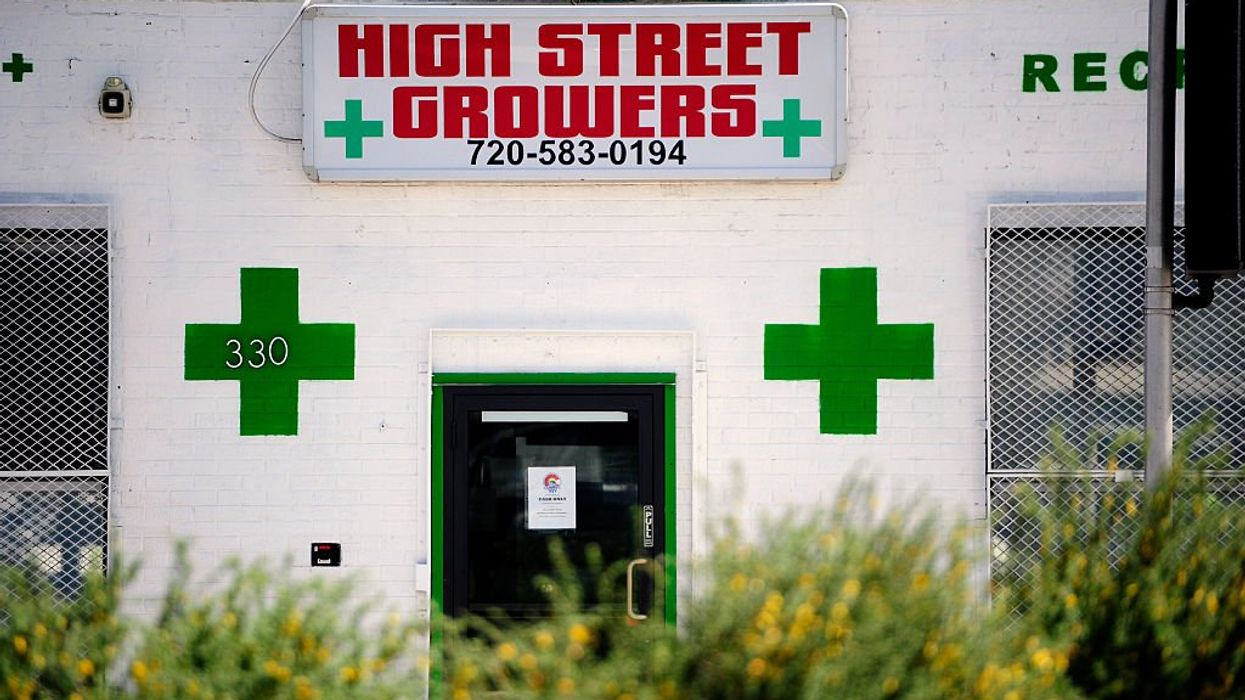
Photo by Vince Chandler / The Denver Post

Denver had its first decline in marijuana revenue in nearly a decade as the city saw a 22% drop in retail sales for 2022.
According to a city of Denver study, sales from both the medical and retail marijuana sectors are down massively, which led to the first dip in overall revenue from the industry in at least eight years.
The city saw just $106 million in medical cannabis sales in 2022, a drastic 44% drop from 2021's total of $189 million. For retail, 2021 saw $501 million, while 2022 sales dropped by 22% to $390 million.
This meant that the city took in just $54.8 million in revenue from licenses and taxes, a nearly $18 million drop from 2021 and the lowest total since 2018. The city's revenue from the industry had been growing steadily and had more than tripled from 2014 to 2021.
However, nearly every sector in the industry has slowed. Cannabis licenses and locations dropped slightly in 2023 compared to 2022, but both have seen steady decreases since 2018; there were 6% fewer licenses given out in 2023.
Cultivation licenses are way down; in 2023, medical licenses declined 20% over the previous year, with a five-year decrease of 60%. Retail cultivation licenses were down 8% and 17% in the same time frame. Manufacturers' licenses were also down in both medical and retail sectors.
The only increases were seen in transporter licenses and retail licenses, meaning while sales are down across the city, competition is up.
The city's "marijuana social equity" program seems to have failed across all conceivable markers. Media members and policymakers made it a point in 2020 to address the city's "lack of diversity in ownership" in the industry," even changing the name of their program from “accelerator licensee” to “social equity licensee” in the state’s marijuana regulations following the death of George Floyd.
Denver "acknowledges the effects of decades of criminal enforcement of marijuana laws on communities of color," the city's website read. "As part of Colorado’s commitment to equity, diversity, and inclusion," the city is "focusing on outreach and engagement resources to support diversity initiatives in the cannabis industry."
According to the city, just 20 out of 1,034 marijuana business owners are "social equity owners." Nearly 80% of the owners are men, and just .3% are transgender.
Hispanic and Latino ownership has dropped. A city study in 2020 said that Hispanic and Latino owners made up over 12% of cannabis business owners; in 2022 that number was 6.9%. Black ownership also dropped from 5.6% in 2020 to 4.4% in 2022.
The same 2020 study said that 74.6% of owners of licensed cannabis businesses within city and county limits were white, with 2022 numbers showing over 90% of marijuana license owners are white.
Meanwhile, as Denver's crime rates have skyrocketed — city offenses increased by more than 25,000 from 2014 to 2022 — marijuana-related offenses have dropped to 263 in 2022, or just 0.3% of all crime.
Like Blaze News? Bypass the censors, sign up for our newsletters, and get stories like this direct to your inbox. Sign up here!
Andrew Chapados